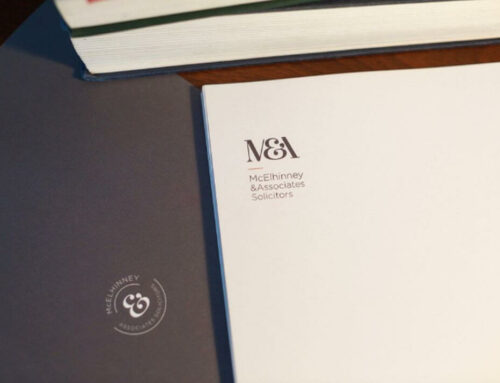What is a Will?
A Will is a legal document setting forth your wishes for the distribution of your estate after your death. The Will can provide instructions for how you would like your assets to be passed to your beneficiaries, as well as outline your wishes for the care of your children.
Why should I make a Will?
By making a Will you are ensuring that your loved ones are free from the burden of distributing your assets, and limiting the potential for disputes to arise among family members. The Will can also give you the peace of mind to know that your children are taken care of in line with your wishes by guardians that you have selected.
Your Will can also ensure that tax consequences are kept to a minimum with good tax planning, whereas an intestacy situation does not afford any discretion. Your estate will be handled more efficiently, and in the most cost-effective manner once your wishes have been outlined.
What makes a valid Will?
A Will may be deemed valid when:
- It is made in writing
- The testator has capacity to make a Will
- It is signed in the presence of two witnesses, neither of whom will benefit from the Will
- It is signed by the witnesses
- The testator is over 18 years old and of sound mind and free will
What happens if I die without making a Will?
In the absence of a Will, your estate will be distributed according to strict rules set out by the Succession Act 1965 after funeral and testamentary expenses are taken care of. As the rules of intestacy in this act are strictly applied, your wishes will not be taken into account even if your loved ones are aware of how you wish your assets to be divided.
Where to start?
Here is what you need to consider before your Will is drafted:
- Firstly, you must think about who it is you intend to benefit. This can include your spouse, partner, children, friends, or institutions/charities. It may also be important to expressly exclude anyone you do not wish to receive anything. You must then consider how much you wish each individual to receive, or the value of what they will receive and the tax consequences (if any) for these beneficiaries. Any specific items you wish to gift to anyone in particular, as well as the shares you wish each loved one to receive must be outlined. You must also make the important decision of who will be responsible for your children.
- You must consider who will be an executor of your Will. This person will be responsible for ensuring that your estate is distributed in accordance with your wishes. This can be a trusted friend or family member, or you may appoint your solicitor.
- You may wish to write a personal letter to your loved ones to be stored with your Will. This may be of great comfort at the time that your Will is read.
Mistakes that can occur when making a Will
Some stipulations that may render a Will invalid:
- Your Will may not be valid should your witness or their spouse receive anything under the Will.
- Your Will may also be deemed invalid should it be unclear in expressing your intention, perhaps through ambiguous language or poor wording.
- Capacity must also be determined by a doctor or solicitor at the time of creation of the Will. The testator must understand the implications of the Will and who will benefit from it, as well as the nature and extent of their property.
- Home made wills are full of pit falls and must meet the formalities and requirements set out in the Succession Act 1965.
Contact Us
If you have any queries regarding Wills or inheritance, please do not hesitate to contact us at McElhinney & Associates, Solicitors, Drumboe Lodge, Stranorlar, Co. Donegal on 074 91 75989, by email at admin@mcelhinneyassociates.com or using our online request form.
*In contentious business a Solicitor may not calculate fees or other charges as a percentage or proportion of any award or settlement
**This information is for guidance purposes only. It does not constitute legal or professional advice. Professional or legal advice should be obtained before taking or refraining from any action as a result of the contents of this publication. No liability is accepted by McElhinney & Associates for any action taken in reliance on the information contained herein. Any and all information is subject to change.













